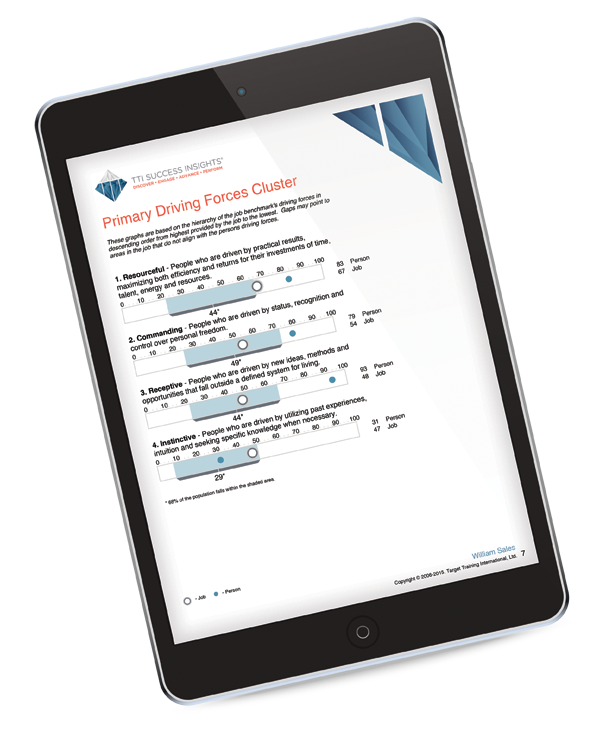The Changing Nature of Workplace Learning
According to a report by Deloitte, 84% of executives consider workplace learning an important or a very important issue. They also found that almost all CEOs report that their companies need to develop skills more quickly. This highlights just how important learning is to today’s workforce. Although the demand for continuous learning may be coming from both employees and employers, it is the employees who should be taking the driving seat on their own learning.
Where is the demand for continuous workplace learning coming from?
Increased competition
It seems that both employees and employers are seeking more and more from each other. In the increasingly competitive talent market, companies that don’t constantly upgrade employee skills will not be able to compete and achieve on their objectives. Workplace learning opportunities can engage employees, attract the right talent and develop leaders who will stay with the company. Leaders are needed at all levels of the organisation, from CEO level to people just entering the organisation, as shop attendants in a grocery/supermarket chain for example. People are required to be more flexible and adaptable at work.
Availability of technology
With the evolution of technology and the widespread availability of online courses and degrees, employees are demanding more of their employers in terms of continuous learning at work. People can learn anywhere and from different devices, and this is creating new expectations from the workplace. According to E-Learning Industry, it’s predicted that by 2018 70% of professionals will do some kind of work from their mobile devices. Research has even shown that over 50% of employees have participated in mLearning while lying in bed, something which would never have been possible before. People are expecting to learn in their jobs now, as opposed to just working a 9-5 and clocking down the hours. They want more from their jobs and they expect to get it.
Expectation of Millennials
Younger employees entering the workforce are particularly eager to learn. They’re coming from college and recognising the importance of continuous professional development and workplace learning. As Deloitte put it, “the learning curve is the earning curve”. They want to be flexible and to work on developing their skills. If their employer doesn’t offer them this opportunity they will very often keep looking until they find one that does. This is because they recognise the advantage continuous learners will have over them if they do not develop their own skills. They know that if they don’t, they are putting themselves at a disadvantage.
What can employers do to encourage and promote learning in the workplace?
1. Let employees take the lead on what they want to learn and develop.
Employees are the learners and should be able to take control over what they learn. Don’t take a “one-size-fits-all” approach. Tailor the learning towards the individual. The employees know what interests them, what skills they need to develop or work on, and what would most benefit their job skill-set.
2. Make the most of available technology.

3. Develop a clear vision for learning and implement a development plan.
TTI Success Insights have created a Talent Management Model called DEAP: Discover, Engage, Advance and Perform. We believe that learning is all about Advancing – about developing, upskilling and training your employees and executives. Existing employees can have latent talents that they don’t get to use on a daily basis. But when you advance their career and focus on bringing out new talents you will find that employees become more engaged and motivated. This gives you a succession plan with a pool of high potential people who are ready to move into leadership roles or are ready for training and coaching.
How Employee Experience Leads to a Highly Productive Workforce
We believe in order to create engagement, employers need to move beyond believing that experience is all about extra benefits at work such as Massages Mondays and Pool Tables. Real employee experience begins with meaningful work. What can your organisation do to create meaningful work for your people? What can you do to make your people feel connected and to feel like they belong and they trust you? Isn’t this what Experience is all about?
DISC vs. MBTI
How does DISC compare to MBTI? This is a common question many people have asked us over the years. There are many different angles to consider, as both tools are used frequently in organizations, but in different ways. In this article, we will answer...
Podcast – Building Authentic Empathy
Recently Padraig spoke with Dale Dixon on the complete leader podcast. Host Dale Dixon interviews Business Coach and Strategist Padraig Berry, who is the CEO of One Focus Business Consultants and TTI Success Insights Ireland. On today's episode, Dale and Padraig...




